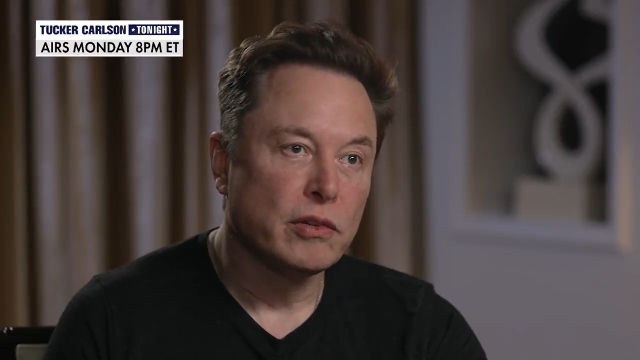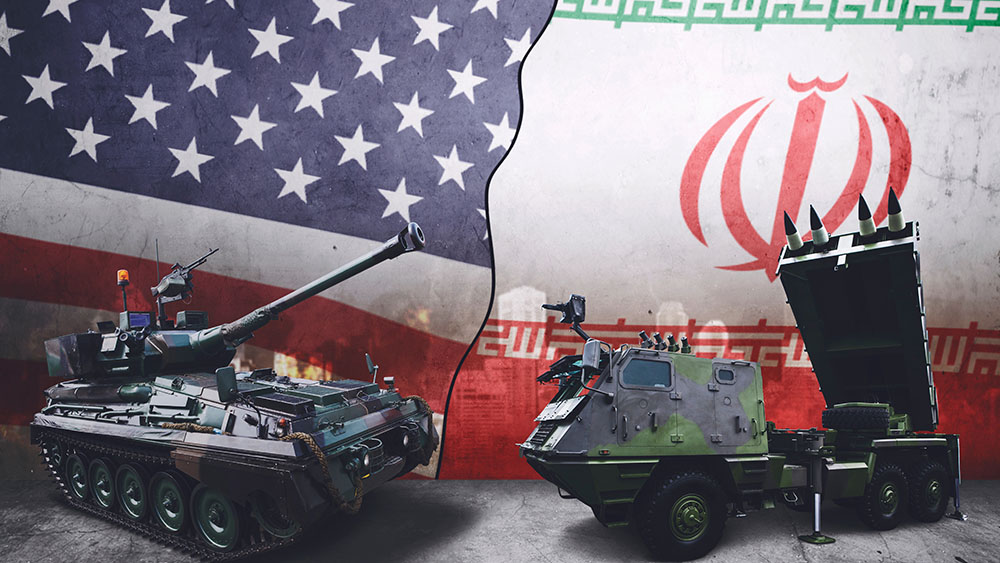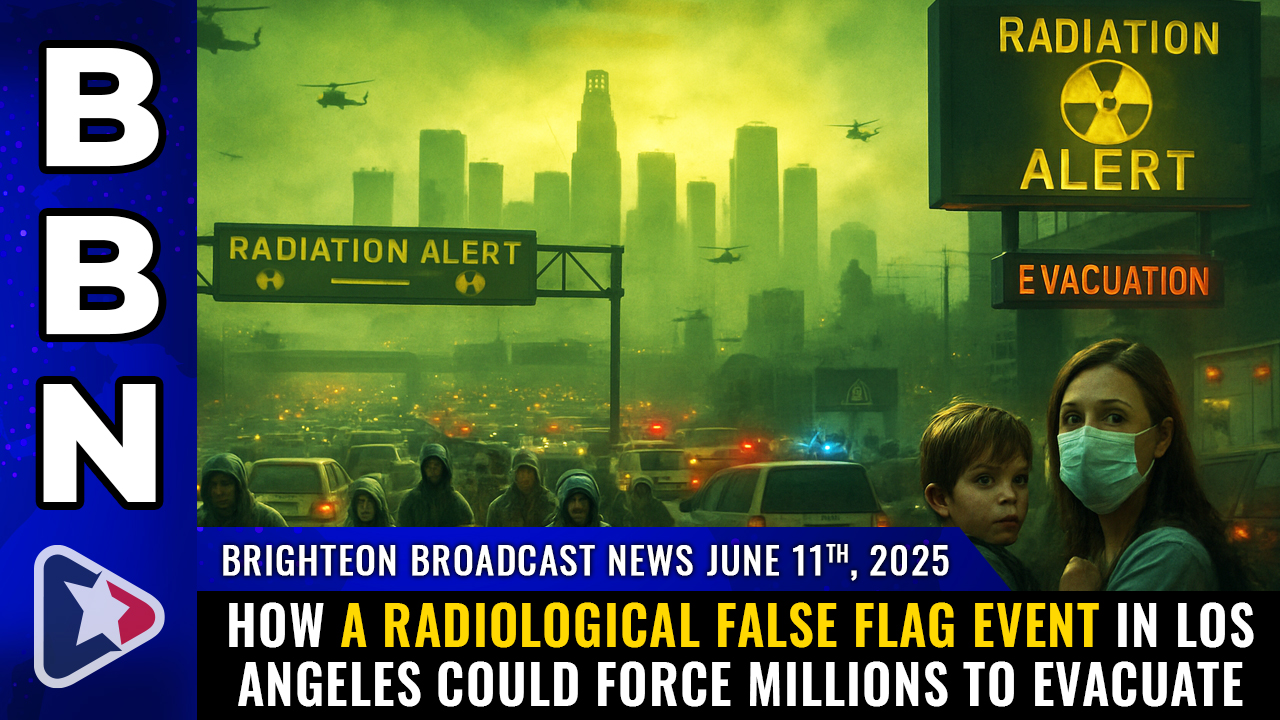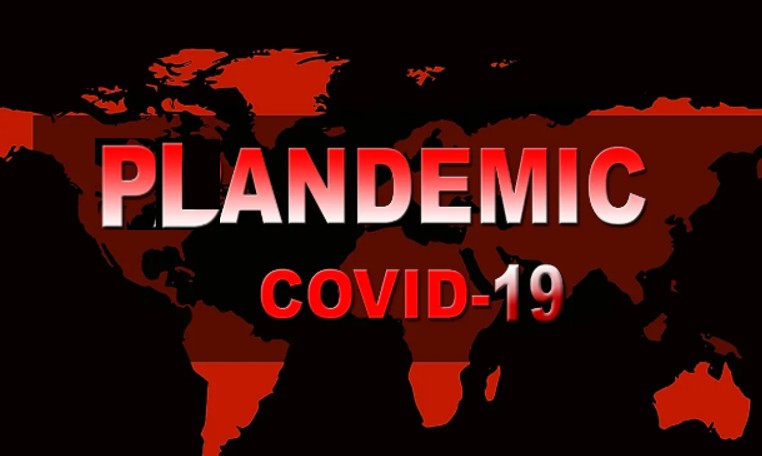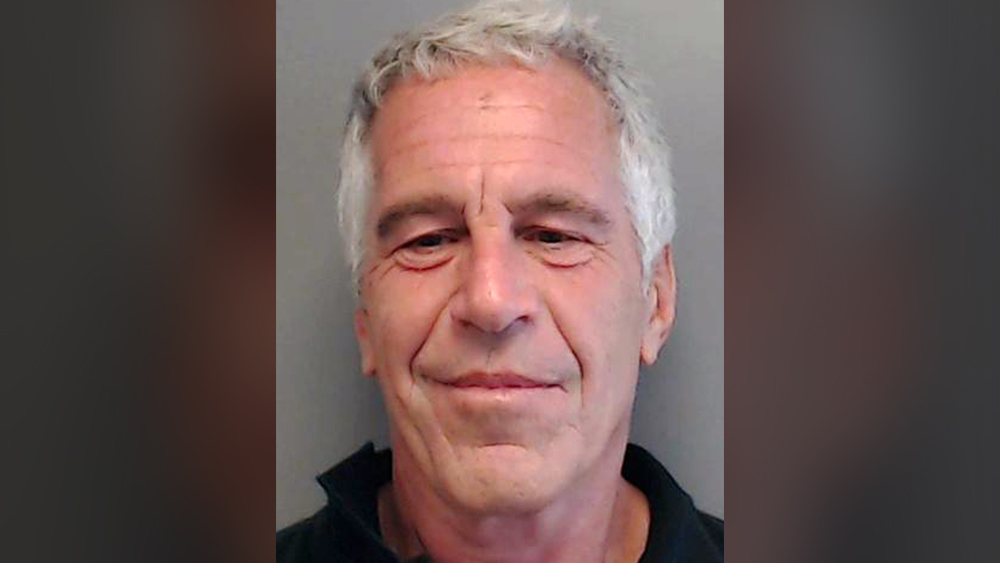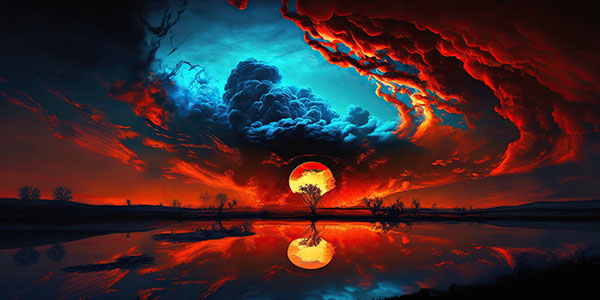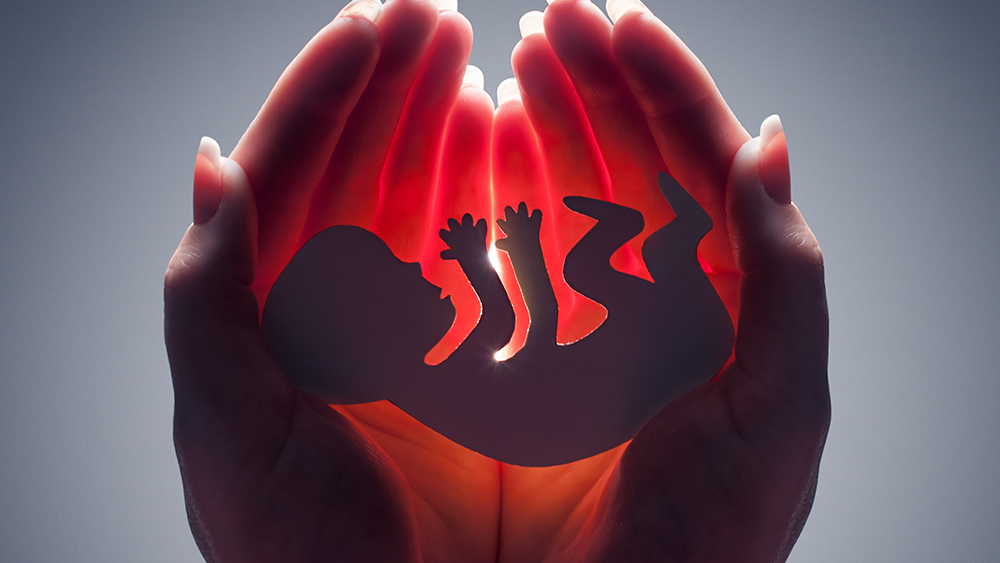Russia publishes names of fallen Ukrainian soldiers amid stalled exchange talks
06/09/2025 / By Belle Carter

- Russia has accused Ukraine of refusing to accept the remains of thousands of its soldiers, escalating tensions after a failed exchange attempt and amid ongoing disputes over prisoner and body returns.
- Russia unilaterally offered to return over 6,000 fallen Ukrainian soldiers, with the first convoy of 1,212 troops arriving at the designated exchange point on June 7, but Ukraine did not appear, according to Russian officials.
- Zaporozhye Gov. Evgeny Balitsky published the first six pages listing 97 names, identification documents and places of death to inform relatives and highlight Kyiv’s alleged concealment of military losses and avoidance of compensation payments.
- Ukraine’s Coordination Headquarters denied the accusations, stating both sides were preparing for exchanges and the process was postponed until next week, with no official new date confirmed.
- The issue is a deeply humanitarian concern, affecting families’ ability to grieve and find closure. Russia’s publication of names is a strategic move to gain public sympathy and pressure Ukraine, while the international community watches closely, concerned about the prospects for peace and regional stability.
Russia has published the names of nearly 100 fallen Ukrainian soldiers, accusing Ukraine of refusing to accept the remains of thousands of its troops.
This move comes after a failed exchange attempt and amid escalating tensions over the return of prisoners and bodies.
In a unilateral humanitarian gesture, Russia has offered to return over 6,000 fallen Ukrainian soldiers to Kyiv, as part of the agreements reached during the latest round of direct talks in Istanbul. The first convoy, carrying the remains of 1,212 troops, arrived at the designated exchange point on Saturday, June 7, but the Ukrainian side failed to appear, according to Lieutenant General Alexander Zorin, a member of the Russian negotiating team.
Zaporozhye Gov. Yevgeny Balitsky took the unprecedented step of publishing the first six pages containing 97 names, identification documents and places of death on Saturday evening.
“We are beginning to publish lists of identified bodies so that relatives can find their dead,” Balitsky wrote. “We understand that Kyiv has this data, but they are deliberately hiding it from the public.”
Balitsky accused Kyiv of deliberately obstructing the return of the bodies, alleging that Ukrainian authorities are trying to conceal the scale of their military losses and avoid paying compensation to the families of the dead.
Ukraine’s Coordination Headquarters has denied the accusations, claiming that both sides have been preparing for the prisoner and body exchanges. Ukrainian media later reported that the process had been postponed until next week, though no official new date has been confirmed. The Coordination Headquarters stated that while there is a consensus on the exchange of remains, the date has not yet been agreed upon.
The refusal to retrieve the bodies is part of a broader pattern of violations by Ukraine, Balitsky argued, claiming Kyiv “does not even attempt to honor agreements.” He also blamed Western countries for “derailing peaceful resolution efforts” by continuing to arm Kyiv and escalating the conflict.
Humanitarian concerns
The issue of the return of fallen soldiers is not just a matter of military protocol but also a humanitarian concern. Families of the deceased are left in limbo, unable to properly grieve or receive closure. The publication of the names is an attempt to bring attention to this humanitarian aspect, with Balitsky emphasizing that “families deserve to know the fate of their loved ones.”
The international community has been watching the situation closely, with some foreign media representatives checking the refrigerated trucks transporting the bodies at the exchange point. The failure of the exchange has raised concerns about the prospects for renewed peace talks and the overall stability of the region.
Ongoing military actions on both sides have further complicated the situation. Analysts have noted that the escalation of hostilities raises doubts about the likelihood of a successful prisoner and body exchange soon. (Related: Rising tensions: Ukraine’s strikes on Russian air bases fuel nuclear threat and global concerns.)
The publication of the names by Russian officials is a strategic move to garner public sympathy and pressure Ukraine into compliance. Media coverage of the issue has been extensive, with international outlets reporting on the failed exchange and the subsequent accusations.
In the end, the issue of the return of fallen soldiers is not just a matter of logistics or military protocol; it is a deeply human concern that touches on the very core of what it means to honor the dead and support the living. The current impasse is a testament to the complexities of modern warfare and the challenges of finding common ground in the midst of conflict.
Watch the video below that talks about the “illusion” diplomatic relationship between Russia and Ukraine.
This video is from The Prisoner channel on Brighteon.com.
More related stories:
Trump warns of “very, very tough” SANCTIONS on both Russia and Ukraine if peace talks collapse.
Germany signals shift in Ukraine strategy: A diplomatic end to the conflict?
Sources include:
Submit a correction >>
Tagged Under:
big government, chaos, conspiracy, deception, exchange deals, foreign relations, humanitarian, insanity, military, national security, negotiations, propaganda, Russia, Russia-Ukraine war, Ukraine, World War III
This article may contain statements that reflect the opinion of the author
RECENT NEWS & ARTICLES
COPYRIGHT © 2018 DECEPTION.NEWS
All content posted on this site is protected under Free Speech. Deception.news is not responsible for content written by contributing authors. The information on this site is provided for educational and entertainment purposes only. It is not intended as a substitute for professional advice of any kind. Deception.news assumes no responsibility for the use or misuse of this material. All trademarks, registered trademarks and service marks mentioned on this site are the property of their respective owners.

